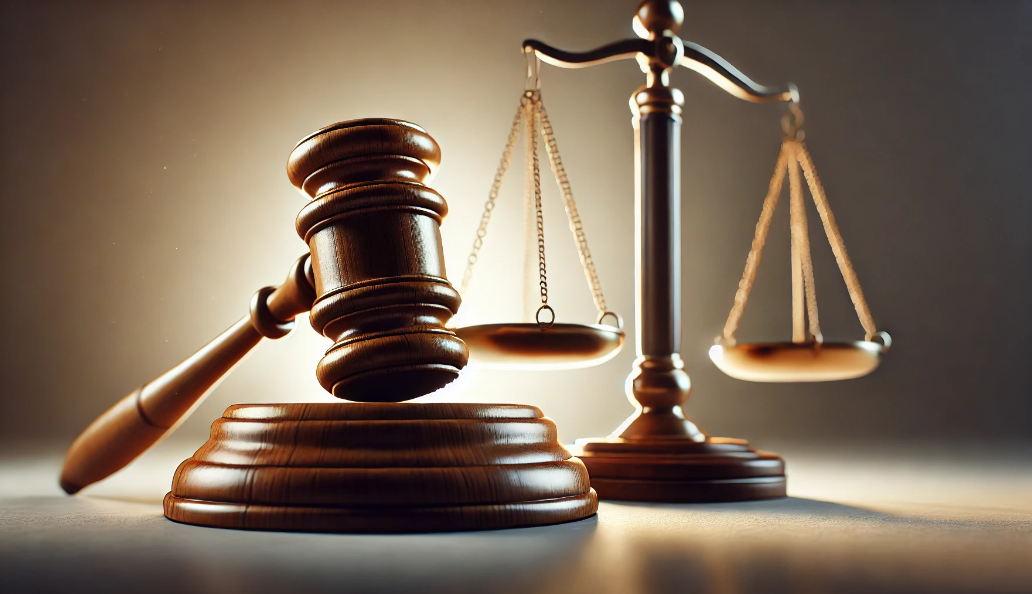Editorial
Fake news has become a pervasive issue in today’s society, but its roots extend far beyond the digital age. Throughout history, misinformation has been a tool wielded for political, military, and personal gain, shaping the course of events in critical moments.
One of the earliest examples of fake news dates back to the 13th century BC when Egyptian Pharaoh Ramesses the Great manipulated the narrative of the Battle of Kadesh. By claiming a decisive victory, he ensured his image as a conqueror, with portraits depicting him as slaying enemies across temples. However, the truth emerged years later when the treaty between Egypt and the Hittites revealed the battle had ended in a stalemate.
In the first century BC, Roman leader Octavian (later Augustus) used misinformation to undermine his rival Mark Antony. Octavian spread false stories about Antony’s character, portraying him as a drunkard and puppet of Cleopatra. He even forged a will to make it appear as if Antony wanted to be entombed in Cleopatra’s mausoleum, fueling outrage among the Roman people. Antony’s eventual death, allegedly triggered by false reports of Cleopatra’s suicide, marked another tragic consequence of fake news.
Pl watch the video and subscribe to the YouTube channel of republicpolicy.com
These early examples show that fake news has long played a crucial role in shaping power dynamics, military outcomes, and public opinion. However, the proliferation of fake news took a turn with the advent of the printing press. This period saw greater accountability in the dissemination of information, as media outlets scrutinized news content, and defamation laws held individuals accountable for false claims.
Today, in the digital age, the situation has drastically changed. The rapid spread of misinformation, facilitated by social media and technology, has made it harder to distinguish fact from fiction. Anyone with an internet connection can create and distribute fake news, which spreads like wildfire across the globe. The absence of accountability and the ease with which false narratives can be shared have made fake news a powerful, uncontrollable force.
As a result, fake news can now travel faster than ever, often overwhelming those who react to it before they can verify the information. The challenge now is finding a way to regulate this digital menace and protect the integrity of the information we consume. Without regulation, the harmful impact of fake news will continue to grow, destabilizing societies and undermining truth.

















